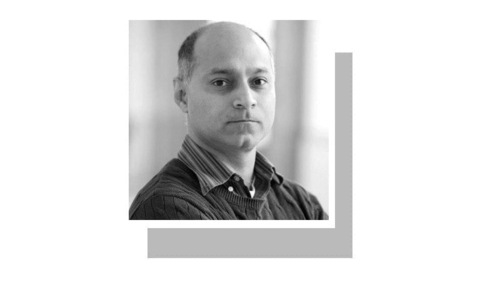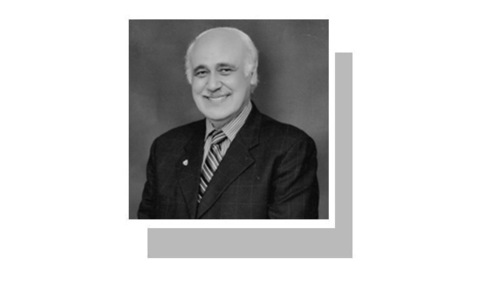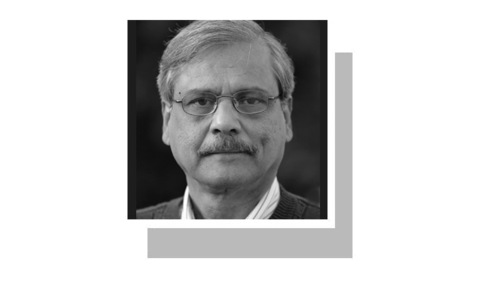ISPR SPOKESMAN Maj Gen Babar Iftikhar has said what any individual in his position would have been expected to say. After all, the Constitution clearly defines the functions of the army, namely to “defend Pakistan against external aggression or threat of war, and, subject to law, act in aid of civil power when called upon to do so”.
The fundamental law of this country also holds that “The federal government shall have control and command of the armed forces”. It was thus scarcely surprising when, at a presser on Monday, the senior military official robustly countered the contention of the opposition Pakistan Democratic Movement alliance that it is meddling in politics. “The army does not need to enter the political fray, nor should it be dragged into it,” he asserted.
Both the weight of history and prevailing currents alike belie these words. Even a cursory acquaintance with Pakistan’s history is enough to convey the extent of the military’s role in running the country, sometimes directly through coups that swept aside elected governments. At other times, it was enough to call the shots from behind weak civilian dispensations — the ‘civ-mil imbalance’ is a truism, not a figment of the imagination.
As the first ever transfer of power took place from one elected government to the next in 2013, it seemed that democracy was at last being consolidated. However, the ground was not going to be ceded easily, and institutional boundaries continued to be breached. The most visible example of this was presented by the denouement of the Faizabad dharna, staged in November 2017 during the PML-N’s last tenure by a violent mob of religious activists near Islamabad.
After causing mayhem that gave the impression of a government no longer in control, the rioters dispersed only after an army-brokered agreement. A video clip caught the DG Punjab Rangers distributing cash among them for ‘travel expenses’.
On Monday, Maj Gen Iftikhar, in a repudiation of the PDM’s allegation that the establishment had engineered the 2018 election, also mentioned the army’s support in the nationwide exercise. Again unsurprisingly, he depicted its role as having been in the nature of necessary security assistance.
However, international election observers reported significant problems with the entire process that queered the pitch to the disadvantage of the incumbent PML-N government in particular. The chorus alleging military meddling in politics, even daily governance, has risen to a crescendo since then. The fact that several major civilian institutions and bodies are headed by uniformed personnel has further sharpened the perception of a ‘hybrid government’.
It is no longer enough to repeat stock phrases. If it wishes to rise above the fray and remain untainted by the hurly-burly of politics, the security establishment must take tangible measures to disengage itself from it. Remain on the same page as the government, but in a separate column.
Published in Dawn, January 13th, 2021














































